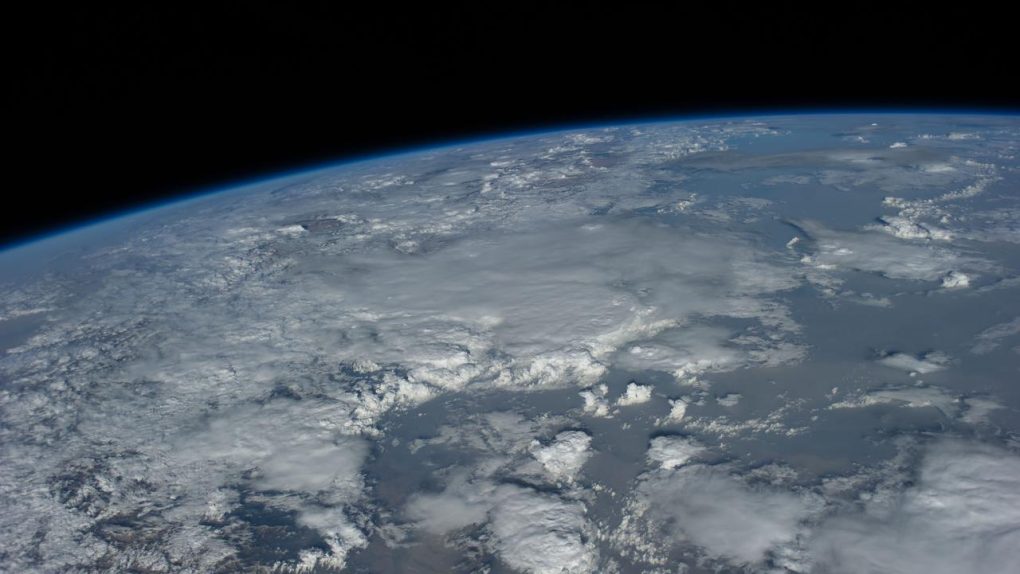If you’re a human — and if you’re not, how are you reading this? — you’ve probably come to terms with the fact that you’re part of the problem. Earth is headed toward a cliff and the overwhelming majority of very smart people who study our planet say it’s because we can’t stop messing things up. We fill the oceans with plastics, burn old dinosaurs to keep our houses warm and our cars moving, and change the landscape of entire continents, all while pretending our actions will be without consequences. Sigh.
While a lot of research has gone into revealing how dramatically we have messed the planet up with things like fossil fuel and pollution, new research suggests that our more recent habits are only a portion of the problem. Humans, it seems, have been severely stressing Earth out for up to 4,600 years, and perhaps even longer. The work, which was published this week in the journal Science, links dramatic changes in Earth’s vegetation with the same window of time in which human agriculture exploded.
The researchers used hundreds of fossil pollen records to draw a timeline of sorts, stretching back over 18,000 years. After plotting all the data it became clear that there was a serious shift in the rate at which Earthly vegetation changed. The increase in vegetation changes beginning in the Late Holocene was even more dramatic than the changes in global vegetation brought on by the end of the most recent ice age. The Late Holocene also happens to be the period when humans began relying heavily on agriculture to keep growing populations well-fed and alive.
“Using a compilation of 1181 fossil pollen sequences and newly developed statistical methods, we detect a worldwide acceleration in the rates of vegetation compositional change beginning between 4.6 and 2.9 thousand years ago that is globally unprecedented over the past 18,000 years in both magnitude and extent,” the researchers write. “Late Holocene rates of change equal or exceed the deglacial rates for all continents, which suggests that the scale of human effects on terrestrial ecosystems exceeds even the climate-driven transformations of the last deglaciation.”
The findings are both interesting and troubling. The narratives surrounding humans and climate change have long been centered on fossil fuel use and pollution. If we can just get those things under control, we think, we can prevent the Earth from tumbling over the feared “tipping point” that leads to our planet’s doom. We still absolutely need to reduce our reliance on fossil fuels, embrace green energy, and stop throwing our trash everywhere, but it’s also likely that things we might not think of as being capable of dramatically changing the planet, like farming, are more powerful than we assumed. In our quest to ensure our species is safe, healthy, and plump, we’ve been changing the Earth in unexpected ways.







